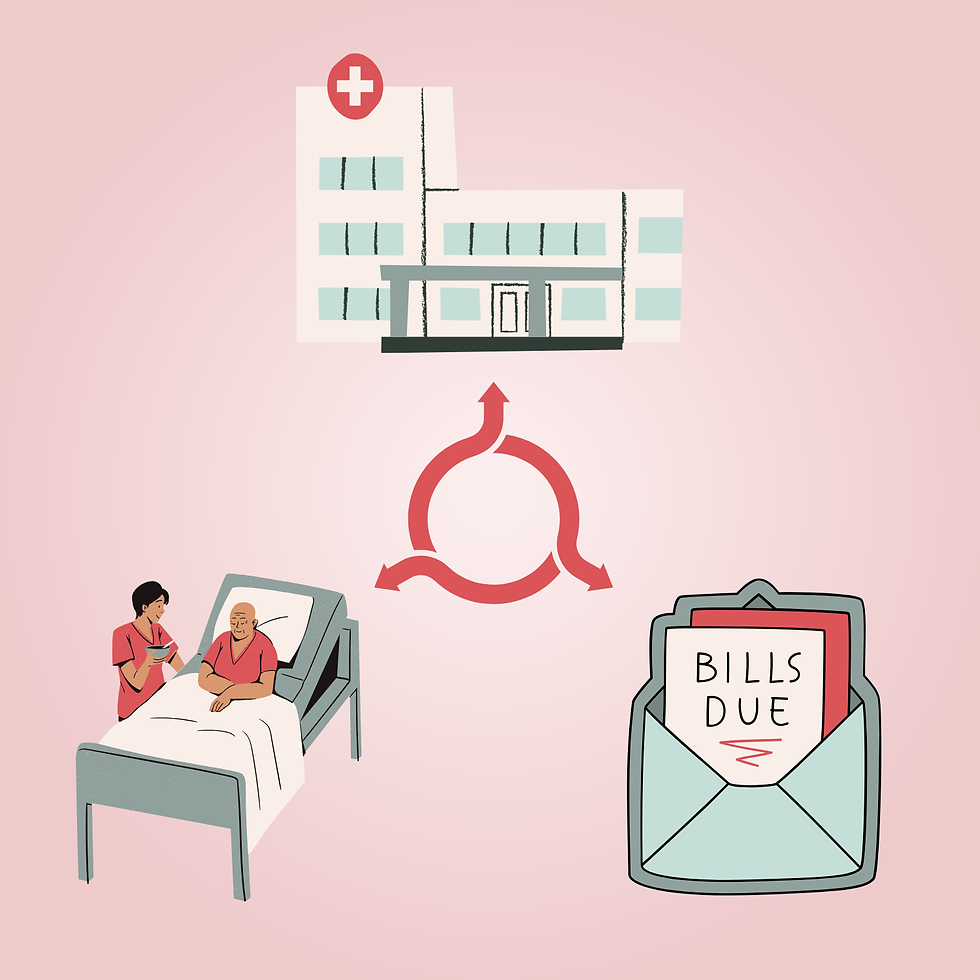Vaccine Passports: Do We Need Them?
- Talia Goodman
- Oct 17, 2021
- 3 min read
No one wants a new normal, but the presence of COVID-19 requires a new normal. Vaccines appear to be the first step in returning the world to its former state. Globally, 6.6 billion doses have been administered, and 23.17 million are distributed each day. As of October 14, 2021, over 187 million Americans, or 56.6% of the total U.S. population, have been vaccinated against COVID-19 [1]. The United Arab Emirates leads the world in vaccine rates, with 94.83% of their population being vaccinated, and Tanzania lies at the bottom of the list with only 0.97%. Countries like the UAE and the United States give the appearance of progress towards normalcy, but the majority of the world does not have access to the same resources. Only 2.5% of people in low-income countries have received at least one dose [2]. Inequity in vaccine distribution makes the idea of vaccine passports, certifications of vaccination that reduce public health restrictions for their bearers, unfair.

Governments argue that the purpose of vaccine passports is to allow people to travel, attend large gatherings, access public venues, and return to work without compromising personal safety and public health [3]. Vaccine passports make sense for international travel because all foreign visitors being inoculated against COVID-19 would help to keep both the country in question and the tourists safe. However, practical and ethical challenges prevent domestic vaccine passports from being implemented.
Nations that do not offer vaccination to all of their citizens but then introduce a vaccine passport for domestic use would be unfairly discriminating against chunks of society. It would only entrench inequities that favor citizens of high- and upper-middle-income nations. Aside from those who lack access to vaccines, some people remain unvaccinated on medical, religious, and philosophical grounds. While many people in other countries would get the vaccine if it were available to them, here are some statistics from Forbes about the Americans who refuse the vaccine: 18% of 18-29-year-olds, 18% of men, 40% of Republicans, 44% of white evangelical protestants, 20% of Fox News viewers, and 22% of people with less than a college degree [4]. While not ideal, vaccine passports could incentivize members of the public that are unvaccinated by choice to not only get the vaccine, but return for a second dose.
In some countries, travelers must be vaccinated against Yellow Fever and receive a card as a vaccine passport if they want to enter the country. No card, no travel. If connecting our vaccine card to a QR code can help protect the public and get us on the way back to some normalcy, isn’t it at least worth trying?
References
[1] Carlsen, A., Huang, P., Levitt, Z., & Wood, D. (2021, October 14). How is the COVID-19 vaccination campaign going in your state? NPR. Retrieved October 14, 2021, from https://www.npr.org/sections/health-shots/2021/01/28/960901166/how-is-the-covid-19-vaccination-campaign-going-in-your-state.
[2] Ritchie, H., Mathieu, E., Rodés-Guirao, L., Appel, C., Giattino, C., Ortiz-Ospina, E., Hasell, J., Macdonald, B., Beltekian, D., & Roser, M. (2020, March 5). Coronavirus (COVID-19) vaccinations - statistics and research. Our World in Data. Retrieved October 14, 2021, from https://ourworldindata.org/covid-vaccinations.
[3] Osama, T., Razai, M. S., & Majeed, A. (2021, April 1). Covid-19 vaccine passports: Access, equity, and Ethics. The BMJ. Retrieved October 14, 2021, from https://www.bmj.com/content/373/bmj.n861#ref-1.
[4] Hart, R. (2021, September 5). By the numbers: Who's refusing Covid vaccinations-and why. Forbes. Retrieved October 14, 2021, from https://www.forbes.com/sites/roberthart/2021/09/05/by-the-numbers-whos-refusing-covid-vaccinations-and-why/?sh=63d03bdc52ea.



Comments